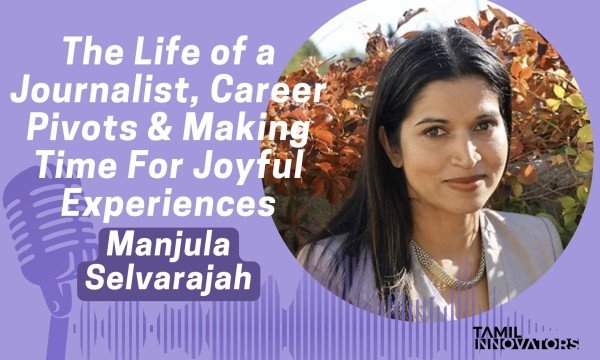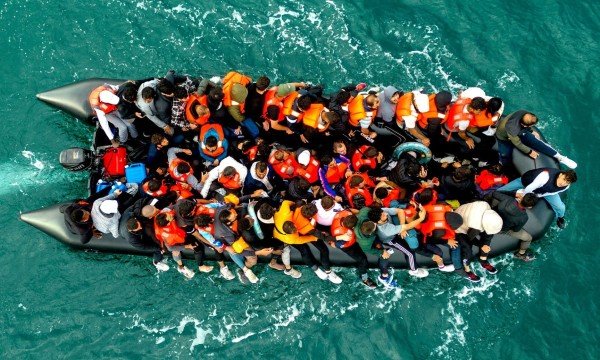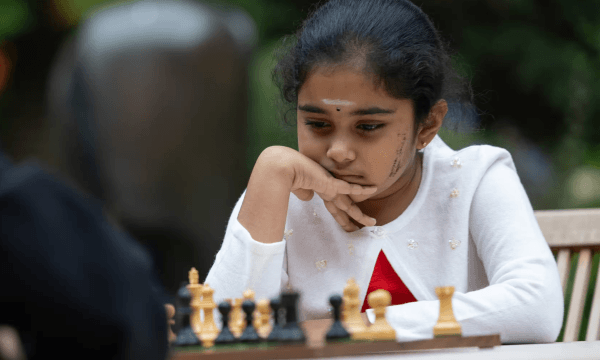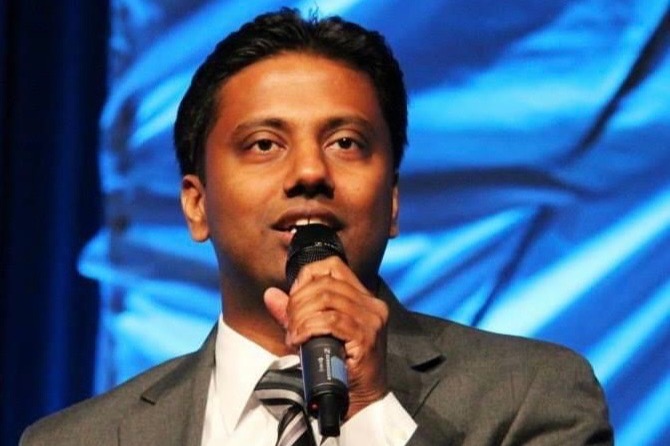
In November 2024, the Toronto District School Board (TDSB) elected the first ever person of South Asian descent as the Chair of Canada’s largest school board. That person was Neethan Shan, an educator, a politician, a human rights and equity activist, a husband, a father, and a proud member of the Tamil community.
The Tamil community has made remarkable contributions to Canada’s social, economic, and cultural fabric. As we celebrate the 16th annual Tamil Heritage Month, it is fitting to honor Shan, who not only embodies the spirit of Tamil resilience, contribution and achievement but also founded Tamil Heritage Month in 2010. Recently, I had the privilege of speaking with him about his vision for education, his identity as a Tamil-Canadian, and his enduring commitment to public service.
Despite his public profile as a politician and former Toronto City Councillor, Shan remains humble and grounded. His favorite food? Puttu and nandu. His ideal holiday? Hiking in the mountains with his wife and two young children. Shan’s life goals, however, are anything but simple. Having witnessed the devastation of war and the inequities that drive conflict—lack of equal education and language rights, employment opportunities, etc. —he is determined to break these barriers through education.
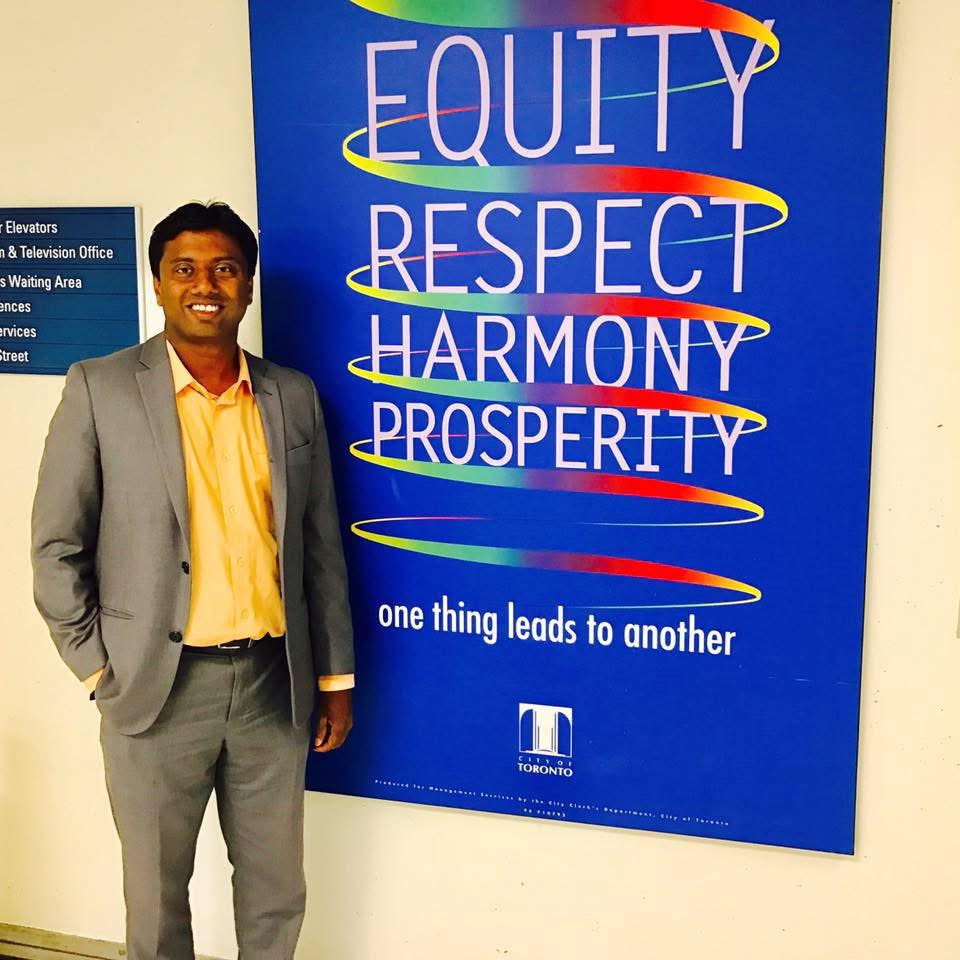
Shan began his career as a youth worker and now serves as Executive Director of the Alliance for Urban Race Relations (UARR), an organization that addresses systemic racism through education, advocacy, and research. As a three-time school board trustee and now chair, Shan applies the same lens of equity and inclusion to policy and decision-making, ensuring that the board’s diverse student population is supported and empowered.
Shan’s commitment to education and the greater Toronto area's student population is no easy feat. It oversees 600 schools, serves a quarter of a million students from 175 nationalities, employs over 40,000 educators, and operates on a $3.5 billion budget. Yet, like many public institutions, it faces challenges from decades of underfunding.
Shan though remains undeterred, inspired by Nelson Mandela’s belief that “education is the most powerful weapon that you can use to change the world.” His primary focus is on improving access to education and technology that is relevant for today’s world and that matches the skills and learning styles of students, while making school a place where all students can succeed regardless of income or neighborhood. In order to make this possible, Shan is advocating for more funding, increased opportunities for leadership, especially in underserved areas, and bringing in more teachers to address students’ growing needs. On the latter point, Shan acknowledges that more needs to be done to make teaching environments safer and align wages to cost of living metrics.
It is still early days, and his goals are audacious. But if history is anything to go by, Shan has proven effective in his prior endeavors. If nothing else, Shan’s resilience, Tamil resilience as he calls it, will ensure Shan moves the needle. Fleeing civil war in Sri Lanka, he arrived in Canada with a deep understanding of the challenges faced by marginalized communities. This perspective drives his advocacy, whether he’s championing equity at the TDSB or mobilizing support for Tamil justice. At the peak of the Tamil genocide in 2009, Shan organized protests at Queen’s Park and engaged with media to draw attention to the atrocities Tamils were subject to at the hands of the Sri Lankan government in the Tamil homeland. The following year, he founded Tamil Heritage Month to educate youth about Tamil history and to build bridges between communities. Today, this celebration sixteen years on remains a testament to his dedication.
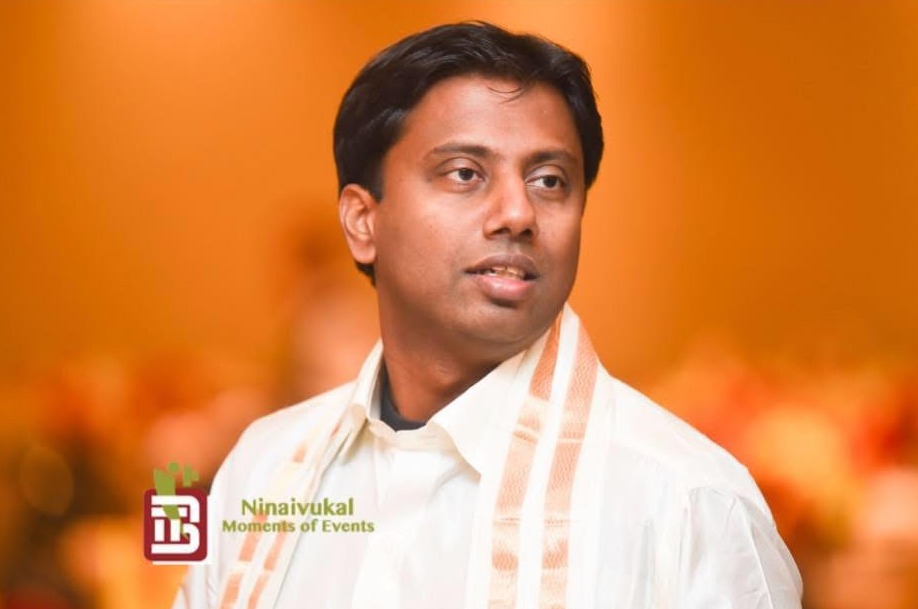
As a City Councillor in 2017, Shan partnered with Mayor John Tory to establish the Toronto-Jaffna partnership, fostering economic opportunities and cultural exchange between the two cities. This initiative exemplifies his belief in cross-cultural collaboration while staying deeply rooted in his Tamil identity.
Conversing with Shan, I was energized by the possibilities for transformations in education but I couldn’t help but ask about the elephant in the room: How do we get more people interested in public education and service? Shan’s response was heartfelt: “Ask anyone about the people who shaped their lives, and it’s often educators who made the greatest impact. Teaching is a profession where you can profoundly influence the world. And for those committed to creating a fairer and more just society, no place needs you more than the school system right now.” His words are a powerful reminder for those seeking purpose in their work and lives.
As our conversation concluded, I naturally asked Shan for advice for the Tamil community and people in general. He was reluctant to prescribe but offered profound reflections. Shan acknowledged that he’s been through his own cultural identity journey, going from Shanmugarajah to Shan to fit in. “Own your evolving identities,” Shan says. But he also advocates that we don’t forget our past, where we come from and our past here in Canada. As such, he asks Tamils “to show compassion to refugees who are coming in today, despite the xenophobia that exists and the divisive political rhetoric.”
Whatever your cultural and ethnic background though, Shan’s parting words are for every Torontonian and Canadian. “Our people are our biggest asset. They come from different parts of the world and have lots to offer from their lived experiences and existing strengths. To unlock their potential, we have to be prepared to invest disproportionately.” Shan drew on the economic disparities and marginalization that exist in specific neighborhoods within cities leaving many people behind. He highlighted Malvern in Scarborough as an example—a neighborhood with an underserved youth population that, if viewed as an asset rather than a problem, could have transformed through better policies and investments.
Shan’s vision is bold yet grounded in a simple truth: to grow as individuals and as a society, we must lift each other up, even if it means it’s at the expense of what we are currently enjoying. This requires all of us to become active residents—aware of our neighbors' struggles, engaged in municipal processes, and willing to hold leaders accountable, regularly, not just during elections. By embracing this shared responsibility, Shan believes we can build a more equitable and inclusive future for all.
Tamil Innovators: Making it in India's Entertainment Industry with Dhivyadharshini "DD" Neelakandan
Tamil Innovators: Building a Dynamic Corporate Career with Kumi Somaskandan




